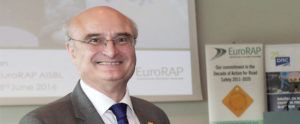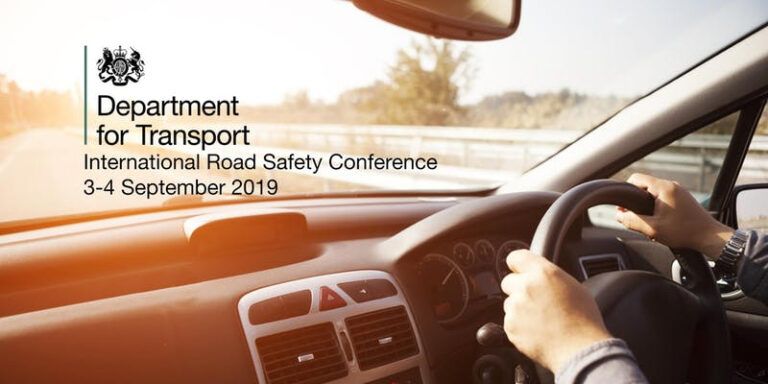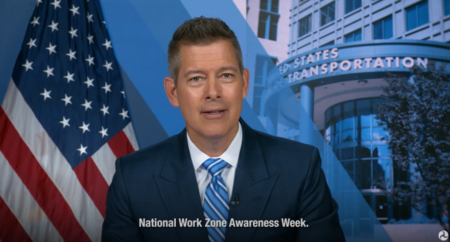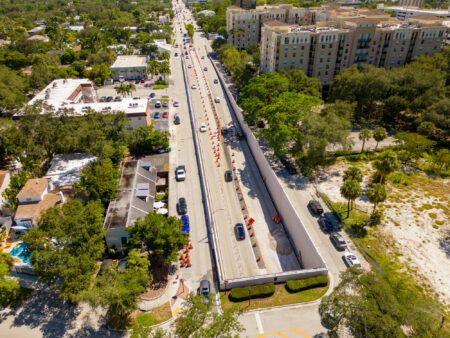A senior representative from UK charity the Road Safety Foundation has told delegates at the International Road Safety Conference that leadership and collaboration is vital if the world is to achieve the Sustainable Development Goal of halving global road deaths.
Hosted by the UK Government, the conference will highlight the fact that worldwide, there are currently 1.3 million deaths and more than 30 million life changing injuries annually as a result of road traffic accidents. The two-day event features Ministerial Summit that is taking place in London today (September 3), followed by a Low Carbon Vehicle and Connected and Autonomous Vehicle Event at the Millbrook test track tomorrow. The Summit involves keynote speeches from international road safety experts who are discussing and sharing best practice in the challenge of tackling global road safety. The overall theme is technology and innovation in road safety and topics being discussed include:
- Vision Zero;
- The safe systems approach;
- The Commonwealth Road Safety Initiative;
- The next decade of UN road safety action.
John Dawson, adviser to council and chair of the management committee at the Road Safety Foundation, is taking part in a Panel Discussion on making infrastructure and vehicles safe for business or leisure, chaired by Rosalind Wall, director of roads safety, standards and services at the UK Department for Transport (DfT). Other participants include: Jim O’Sullivan, chief executive of Highways England (HE); Tony Marshall, director and global highways business leader at the Arup consultancy; Arun Srinivasan, head of Bosch’s Mobility Solutions Division; and David Ward, secretary general of Global NCAP (New Car Assessment Program).
“This conference will focus on technology and innovation, and without doubt, one of the most innovative approaches we’ve seen is the UK government’s Safer Roads Fund, which provided access to capital sums and world-class tools to enable local authorities to tackle England’s 50 highest risk roads,” said Dawson. “Also in the UK, Highways England is leading the way by aiming for zero harm on its network by 2040, with tough intermediate star-rating goals for infrastructure safety. Star rating applications have taken place in 100 countries worldwide to measure infrastructure safety objectively as part of the UN collaboration led by the World Health Organization.”
Former chairman of the International Road Assessment Program (iRAP), Dawson added, “There are also complex considerations on the immediate horizon as we move towards more vehicle autonomy. Some crash types will fall as new vehicle safety technologies are introduced while new types of crash are emerging. Overall, technology can be expected to help significantly, but the ride may be far from smooth, with a mixed fleet transition and a long period of transition. Increasing automation currently relies on clear road line markings and signs that can be reliably detected, and road users need to be able to anticipate AV maneuvers accurately. It’s vital that we have roads that cars can read and getting the quality right can serve human drivers better too. We are delighted that this conference addresses these issues.”





